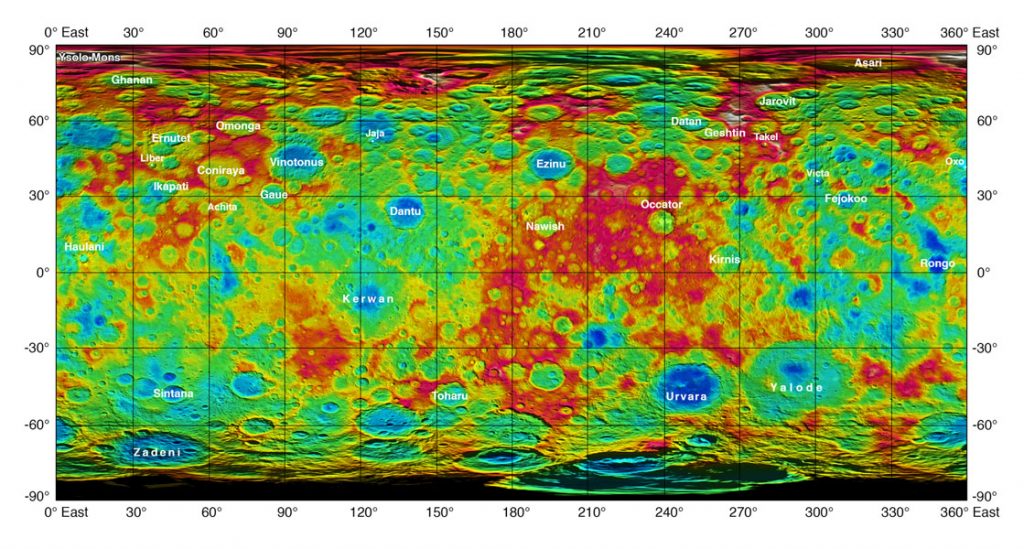You have your Research Data Management plan and you know why you need to archive your data. All you need now is an archive!
Once you know you need to archive your data you will need to find one. There are a number of options but how do you know that they will look after your data properly? Do their procedures meet the expectations of your funder and publisher? How much does it cost and who is going to fund the archiving of your data? Advice, guidance and even archive provisions are available from several sources.
Funders
The main research funders in the UK support the use of archives to ensure research data is preserved, managed and made available to the public and other scholars appropriately. The major funders allow the costs of data archiving to be included in research bids. This point is included in RCUK Common Principles on Data Policy.
Some major research funders provide their own research data centres,
- NERC – maintain their own network of NERC Data Centres and NERC-funded researchers “must make their data openly available within two years of collection and deposit it in a NERC data centre for long-term preservation” NERC also requires that researchers involve the NERC Data Centres in creating the Research Data Mangement Plans to ensure preservation, management and dissemination.
- The Wellcome Trust – provides Wellcome Open Research, a publishing platform that allows Wellcome-funded researchers to make their results available very quickly. Any results published must be accompanied by the data that underlies the results.
- ESRC – funds the UK Data Service which constitutes “the UK’s largest collection of social, economic and population data resources”.
All of these data centres offer extensive guidance on preparing research data for deposit and this can be accessed by any user. Researchers not funded by NERC or ESRC can deposit in their data centres as long as the data meet their requirements. At the same time, The Wellcome Trust and ESRC allow their funded researchers to deposit data in other accredited repositories. Like the RCUK funders, Wellcome expects that data are shared to the maximum extent. Where freely available, Wellcome requires that data-sets are:
- discoverable
- archived in recognised community repositories for data
- given persistent identifiers
Publishers
Publishers of research articles are keen to support funder data policies. They have an interest in ensuring data that support scholarly articles are available to replicate and validate the research. Publishers’ reputations are at risk from faulty or even fraudulent claims in research articles. Retraction Watch reports on retractions of scholarly and scientific papers from journals. They have found that publishers try to play down occasions where research papers have been found to have faulty conclusions because of the cost of retracting the paper. To guard against late retractions, many publishers require early public access to the data. This means that any errors in the data or their interpretation can be spotted early on and the damage limited.
- Elsevier supports principles similar to those behind the RCUK data policy and provides Mendeley Data “as a storage and preservation option for data”. Elsevier cites “increasing reproducibility, transparency and trust of the original research” as reasons for sharing data via public archives
- Authors submitting papers to Nature Research journals are required to make their data available upon submission or to give reasons why they aren’t available. Nature does not provide its own data store for authors but it recommends public data stores that meet its standards.
- Taylor and Francis are introducing a data policy this year for many of its journals. Authors submitting to one of these titles will have to deposit their data in a repository and cite the data in their paper before submission. Taylor and Francis recommend authors choose a data repository with minimum standards and which is “community-credited”. They prefer discipline focussed archives but also suggest generalist archives.
Where can I find a good archive?
The rest of the RCUK funders and other major sources of research funds do not require the deposit of data in particular facilities but they do recommend minimum standards for archives. These are usually required to conform to the OAIS reference model for digital archive systems. Lists of certified data archives are provided by:
- re3data.org – “The registry covers research data repositories from different academic disciplines. re3data presents repositories for the permanent storage and access of data sets to researchers, funding bodies, publishers and scholarly institutions. re3data aims to promote a culture of sharing, increased access and better visibility of research data.”
- FAIRsharing.org – “A curated, informative and educational resource on data and metadata standards, inter-related to databases and data policies.”
Data archives wanting to be listed by these aggregators are required to pass stringent tests to ensure they are able to offer the services required to preserve, curate, manage and make data available safely and accurately. here you will find archives dedicated to your subject as well as general archives if no subject archive exists.
What about my University?
The Kent Data Repository (KDR) is the centrepiece of the University of Kent’s support for Research Data management. It offers services to the same standard as those mentioned above but it is specifically for research data generated at this University. KDR is an archive for researchers for whom there is no suitable subject or general archive. It is also a registry for all the data created at Kent even where that is archived elsewhere. Links can be made between data on KDR and publication records on KAR. We can also coin DOIs for datasets and provide permanent URLs for your work. KDR allows us to guarantee that all the researchers at Kent have equitable access to archival services and to demonstrate to our funders that we follow good data management practices.
More information about KDR can be found here and get in touch

